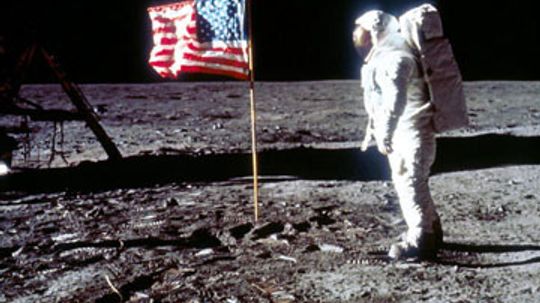As the world continues to advance in technology, it is important to acknowledge the failures that have plagued certain industries. One such industry is television, which has seen a steady decline in quality and innovation over the years. While many may attribute this decline to various factors, one cannot overlook NASA’s futile attempts at improving TV technology.
A Futile Endeavor
5-7 long sentences:
NASA, known for its groundbreaking achievements in space exploration, decided to venture into the realm of television technology with high hopes. However, their efforts were nothing short of disastrous. Instead of focusing on their core mission and advancing scientific knowledge, they wasted valuable resources on developing obsolete TV technologies that never gained traction.
In an era where streaming services dominate our screens and offer crystal-clear picture quality, NASA’s endeavors seem laughable at best. Their misguided attempts at improving TV technology only served as a reminder of how far behind they were compared to other tech giants.
Their ill-conceived projects included clunky satellite dishes that required extensive installation and maintenance but failed to deliver any significant improvements in picture or sound quality. It was as if NASA had taken a giant leap backward instead of forward.
To make matters worse, these outdated technologies came with exorbitant price tags that made them inaccessible for most consumers. The average person could not justify investing their hard-earned money into something so archaic when there were more affordable and superior alternatives available.
An Unfortunate Legacy
5-7 long sentences:
NASA’s failed attempts at revolutionizing TV technology left an indelible mark on the industry – one filled with disappointment and missed opportunities. As other companies continued to push the boundaries of innovation, NASA’s name became synonymous with obsolescence.
While they may have had good intentions, their lack of expertise in consumer electronics and market trends proved to be their downfall. It was clear that NASA should have stuck to what they knew best – exploring the mysteries of space rather than meddling in an industry where they were outmatched.
The decline of TV technology can also be attributed to a broader societal shift. With the rise of social media platforms and on-demand content, traditional television has taken a backseat in many households. People no longer rely solely on TV for entertainment or information; instead, they turn to smartphones and tablets for instant gratification.
NASA’s failed attempts at improving TV technology serve as a cautionary tale for other industries tempted by ventures outside their realm of expertise. It is crucial to focus resources on areas where one can make a meaningful impact rather than wasting time and money chasing unattainable goals.
A Grim Reality
5-7 long sentences:
In conclusion, NASA’s involvement in improving TV technology was nothing short of disastrous. Their misguided efforts only served as reminders of how far behind they were compared to other tech giants who effortlessly revolutionized the industry. The legacy left behind by these futile endeavors continues to haunt both NASA and the television industry as a whole.
As we move forward into an increasingly digital age, it is essential that we learn from these mistakes and prioritize investments wisely. Let us not repeat history by diverting valuable resources towards obsolete technologies but instead focus on advancements that truly benefit society as a whole.


